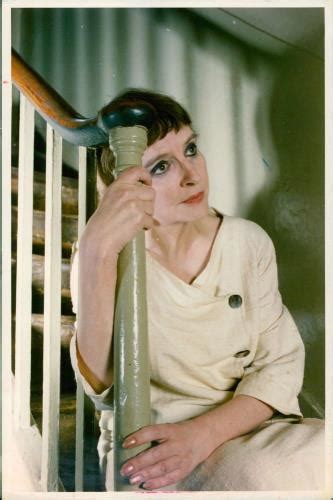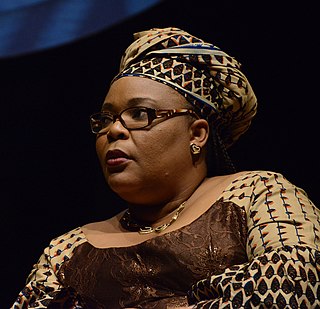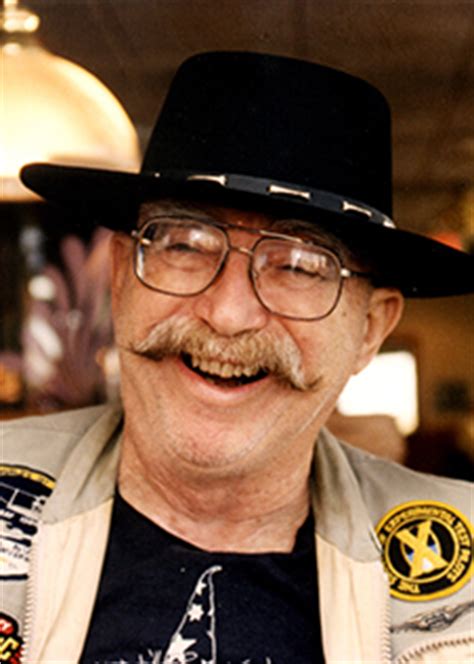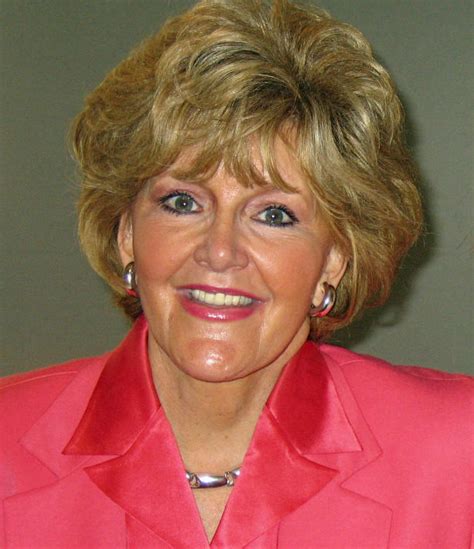A Quote by Alice Thomas Ellis
Men were made for war. Without it they wandered greyly about, getting under the feet of the women, who were trying to organize the really important things of life.
Related Quotes
I was first drawn to active wear because I enjoy working out, and it's very important in this day in age. I really felt women were getting the tail end of the design in active wear; not getting the technology or design we deserved. It was reserved for men. We were getting the leftover work from the sports design houses.
I was a young feminist in the '70s. Feminism saved my life. It gave me a life. But I saw how so much of what people were saying was not matching up with what they were doing. For example, we were talking about sister solidarity, and women were putting each other down. We were talking about standing up for our rights, and women weren't leaving abusive relationships with men. There were just so many disconnects.
Men, women and children too, ran hysterically, falling and stumbling, getting up, tripping and falling again, rolling over and over. Most of them managed to regain their feet and made it to the water. But many of them never made it and were left behind, their feet drumming in blinding pain on the overheated pavements amidst the rubble, until there came one last convulsing shudder from the smoking 'thing' on the ground, and then no further movement.
The people of Jesus' day thought holy men were unapproachable. But Jesus' work was in the marketplace. He made people feel welcome, and that they had a place. His life was a constant demonstration that there were only two things that really mattered in this life-God and people. They were the only things that lasted forever.
Back in the days when men were hunters and chest beaters and women spent their whole lives worrying about pregnancy or dying in childbirth, they often had to be taken against their will. Men complained that women were cold, unresponsive, frigid... They wanted their women wanton. They wanted their women wild. Now women were finally learning to be wanton and wild - and what happened? The men wilted.
The advertising men made it clear that there were two ways of looking at ideas in a war against fascism. Those of us who were working on the project believed ideas were to be fought for; the advertising men believed they were to be sold. The audience, those at home in wartime, were not 'citizens' or 'people.' They were 'customers.'
My own life values were shaped in great part by my mother, who instigated women's clubs in my village. Women were able to organize and stand together. What inspired me most about their work was the power it gave them to assert their rights and the rights of their daughters, be it education or property inheritance.
It just struck me as really odd that there were all of these conversations going on about what young women were up to. Were young women having too much sex? Were young women politically apathetic? Are young women socially engaged or not? And whenever these conversations were happening, they were mostly happening by older women and by older feminists. And maybe there would be a younger woman quoted every once in a while, but we weren't really a central part of that conversation. We weren't really being allowed to speak on our own behalf.
Long before I became a feminist in any explicit way, I had turned from writing love stories about women in which women were losers, and adventure stories about men in which the men were winners, to writing adventure stories about a woman in which the woman won. It was one of the hardest things I ever did in my life.
During my childhood and teenage years, everything I knew was at war. My mother and father were at war. My sister and I were at war. I was at war with my atypical nature, desperately trying to fit in and be normal. Even my genes were at war - the cool Swiss-German side versus the hot-headed Corsican.
I don't think that there's a target audience at all. These stories were in circulation. The stories were told by men, told in the marketplace by men, but also behind doors by women, but there's no real record of this. It's likely they were told by women to children in their interior rooms. The story could be a negative story, they could be presented as a, "Watch out! Women will get round you, do things to you, weave you in their toils." It could be buried in it an old cautionary story about women and their wiles.






































